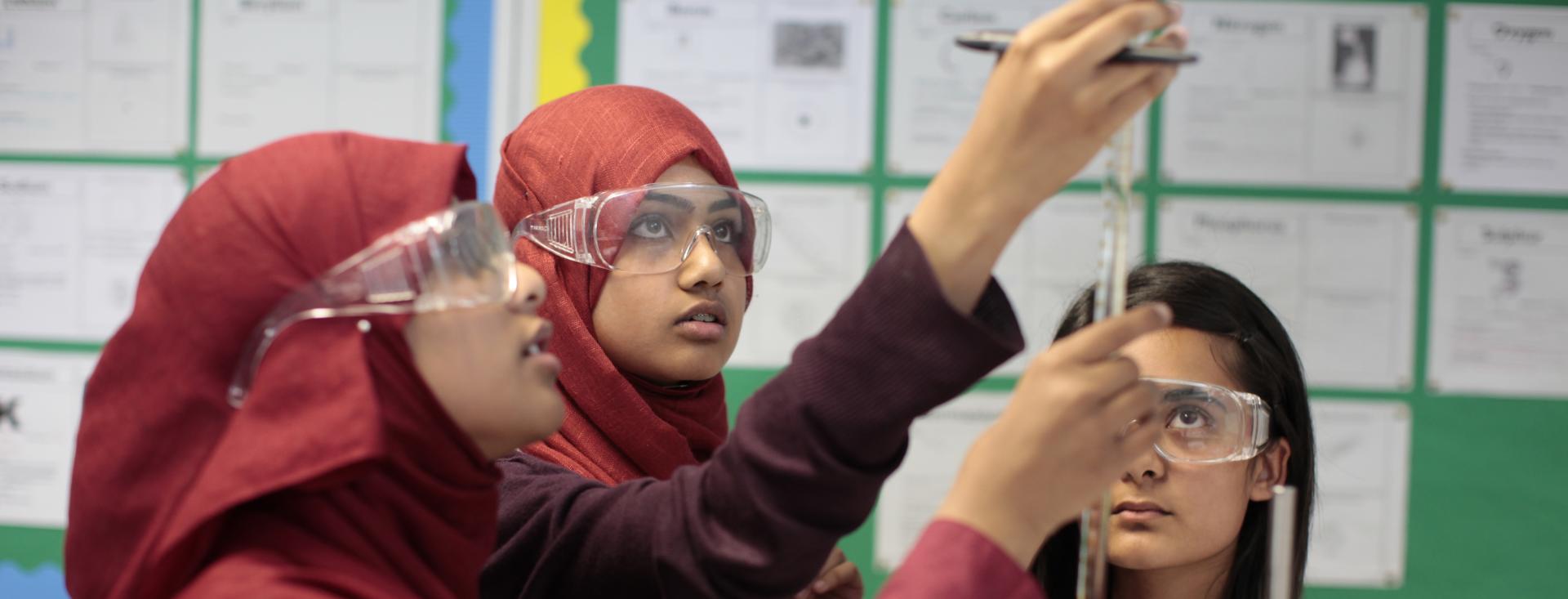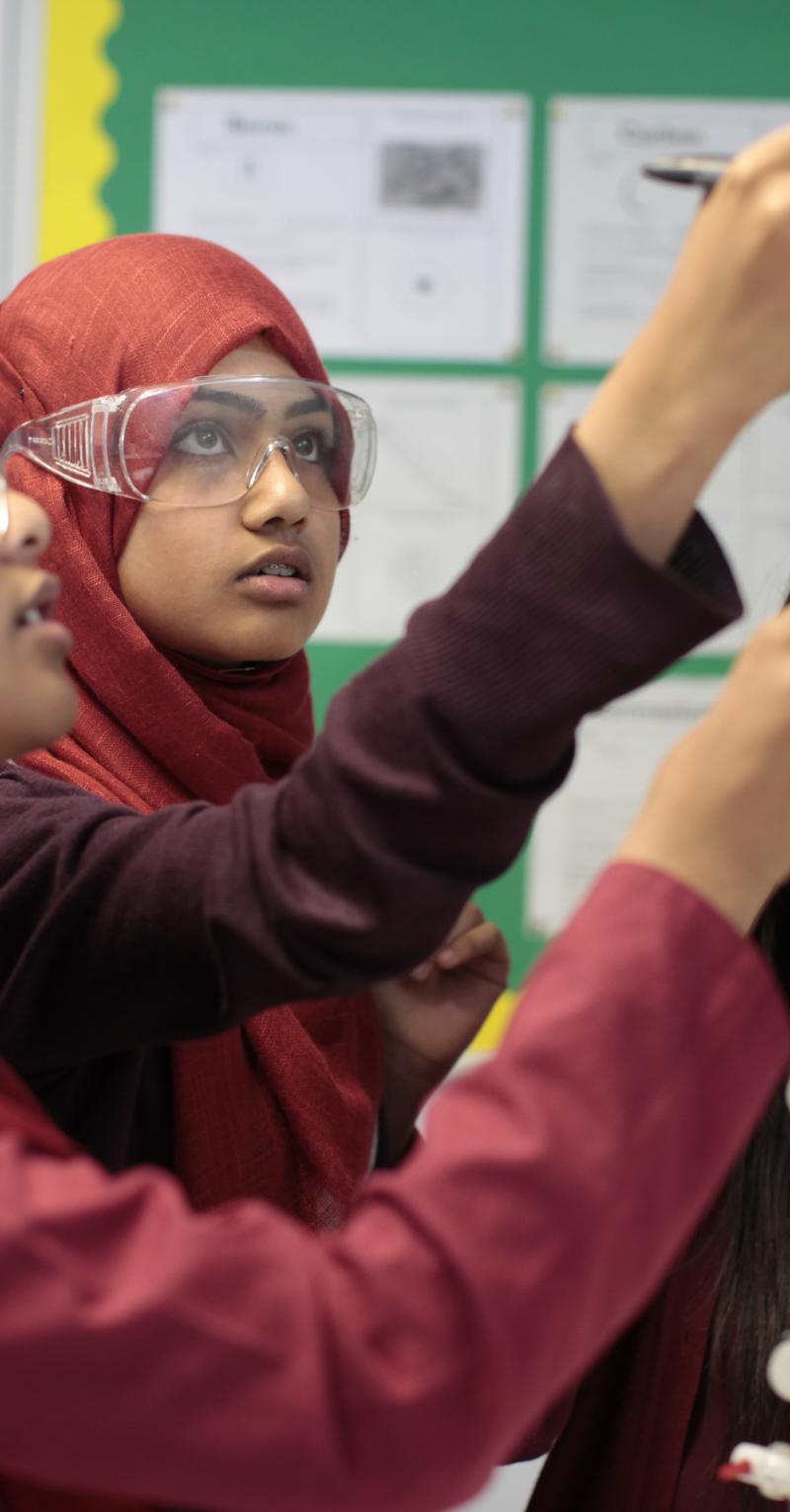Resources
Everyone has a role to play in supporting girls to become empowered, access education for better life outcomes, and thrive. Teach For All is committed to supporting the global network to identify and address the barriers that keep girls from learning and fulfilling their potential through our Girls’ Education initiative. Learn more about gender equity, the issues facing girls around the world, and more in this curated library of resources:
Girls' Education
HerAtlas: Monitoring the Right to Education for Girls and Women
UNESCO’s interactive tool that allows users to explore the educational rights of girls and women around the world. The scoring system enables users to visually monitor legal progress toward securing the right to education for women in all countries.
Girls' Education
General Versus Girl-Targeted Interventions: A False Dichotomy? A Response to Evans and Yuan
This paper provides a review of Evans and Yuan’s 2019 paper "What We Learn about Girls’ Education from Interventions that Do Not Focus on Girls." It disagrees with their conclusion and recommends combining girl-targeted and general interventions.
Girls' Education
A Gender-Inclusive Southeast Asia Through Entrepreneurship
A report on the critical gender gaps and entrepreneurial solutions to advance the lives of women in Southeast Asia. It introduces the Women's Empowerment Framework that outlines a gender-inclusive vision across seven mutually reinforcing dimensions.

